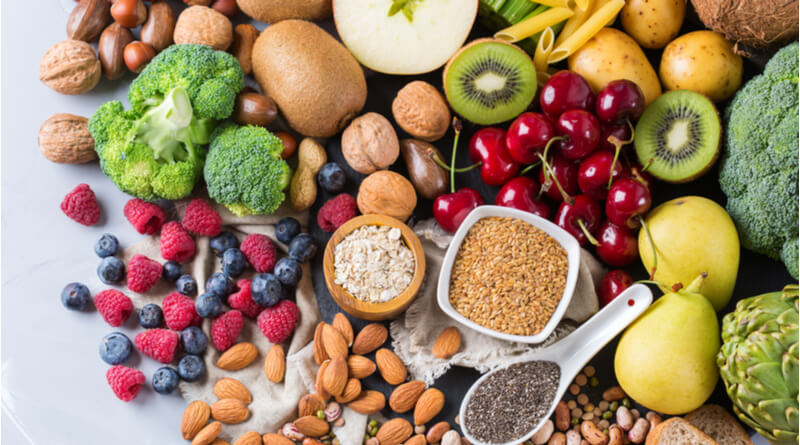High protein diet is one of the more popular diets in the world today. On one hand, researchers are wary that over consumption of protein can increase the risk of developing heart disease and certain types of cancers. But on the other hand, high protein diets have been shown to lead to efficient weight loss and a decreased carbohydrate intake as well as regulate blood glucose levels.
How a High Protein Diet Works
The goal of a high protein diet is to replace carbohydrates with protein and healthy fats as an energy source. If you eat less carbs and more protein, your body will begin to burn its fat stores as an energy source. A high protein diet is beneficial in other ways as well:
- Reduces appetite – a high protein diet tends to make people feel more satiate, which keeps a person feeling fuller for long periods of time.
- Increases food digestion time
- Improves blood lipid levels
- Improves insulin resistance – protein can reduce the amount of inflammation and subsequent insulin resistance caused by eating too many carbs.
Side Effects of a High Protein Diet
Although a high protein diet has lots of health benefits, it can cause some unwanted side effects if it is carried out incorrectly:
- Increased fat intake from animal protein sources can raise the body’s cholesterol levels.
- Many protein diets call for the elimination of entire food groups which can lead to nutrient deficiencies.
- Can cause constipation, hair loss, dry mouth, halitosis, fatigue, nausea, etc.
- Low insulin levels can cause protein consumption and lead to an increased conversion rate of proteins to glucose, which can have a negative effect on blood glucose levels.
- Weight loss may not be sustained after carbohydrates are reintroduced to the diet.








